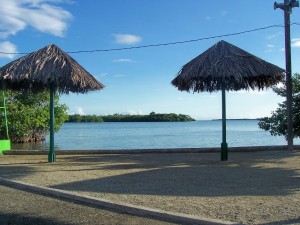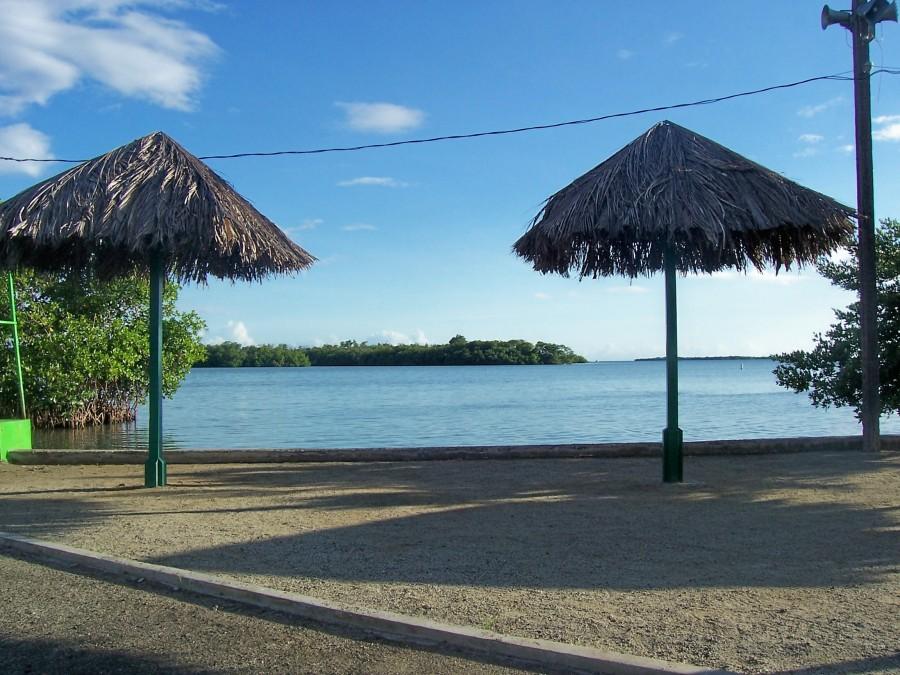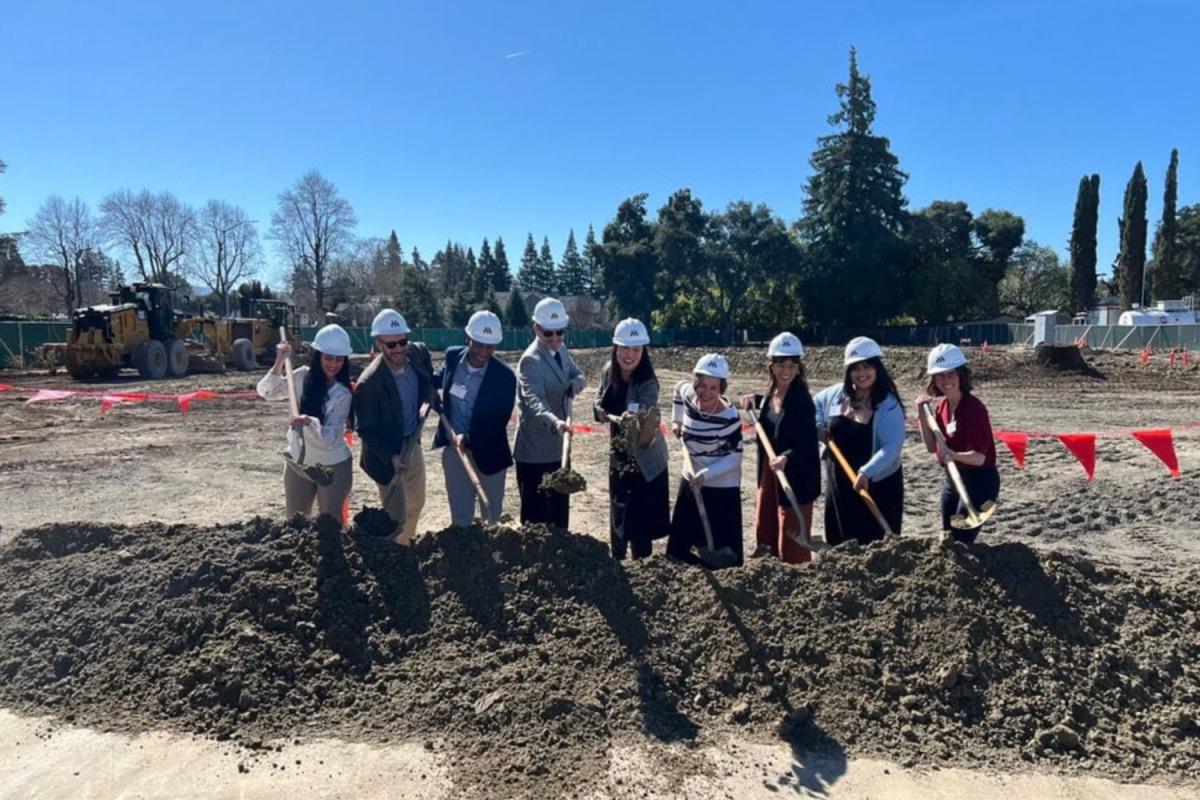
Along with Tuesday’s presidential election, Puerto Ricans participated in a non-binding referendum to change their country’s status to that of a U.S. state.
Puerto Rico has been a self governing U.S. territory since 1952 and uses the American dollar.
In 1917, Puerto Ricans were granted American citizenship but, to this day, are not allowed to vote in U.S. presidential elections.
Tuesday’s referendum has sparked questions as to how much longer this will continue.
The first part of the referendum asked whether or not to make a change to Puerto Rico’s relationship with the US. A surprising 54% voted for change as opposed to the 46% that disagreed.
The second part of the referendum asked voters what type of future relationship they would prefer.
A staggering 61% supported making Puerto Rico the 51st state while 33% supported making it a freely associated state with an enhanced commonwealth arrangement.
Only 5% of voters supported breaking off from the U.S. and becoming an independent nation.
Adding a 51st state would bolster America’s economy and help both territories rid themselves of their massive debts.
Puerto Rico currently has a $67 billion debt and it’s economy has been declining for the last six years.
The measure will have to be passed by the U.S. Congress first, but it has been promoted and supported by the recently re-elected US president, Barack Obama.
The biggest challenge to the issue stands in the House of Representatives which currently has a majority of Republicans, which generally oppose Puerto Rican statehood.
Nevertheless, the referendum has increased an awareness of Puerto Rican’s preference to an American statehood.











